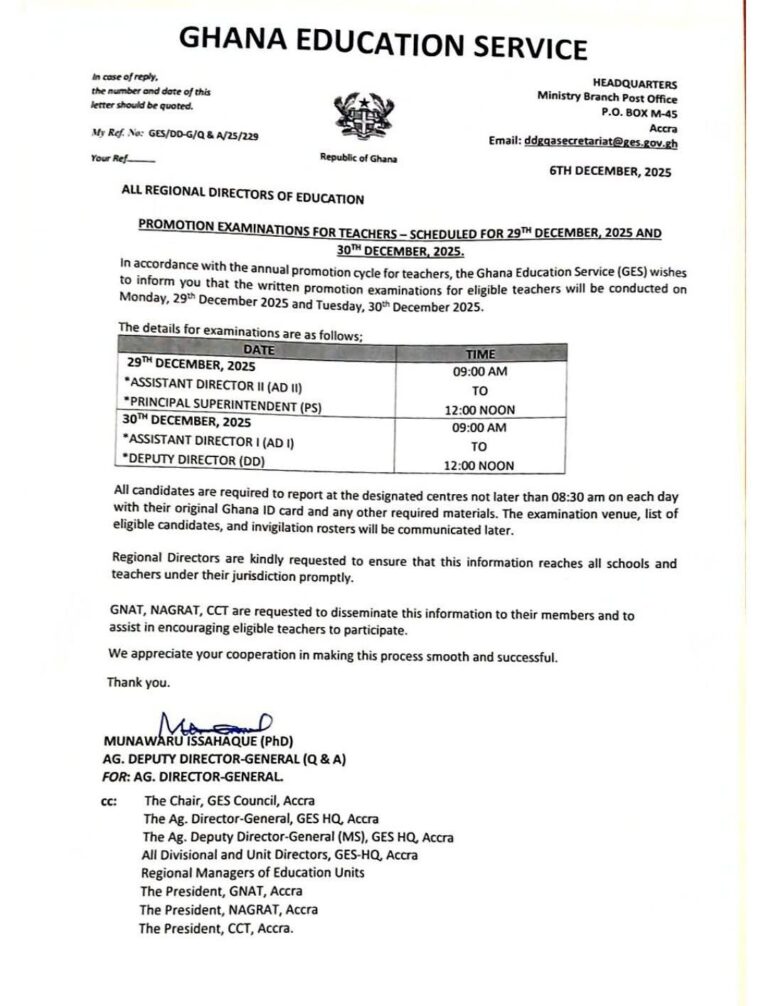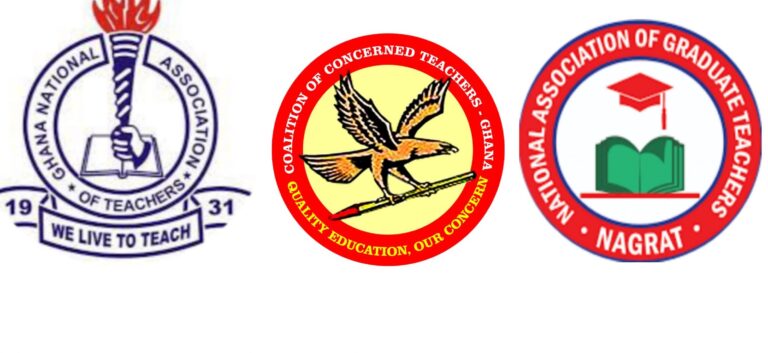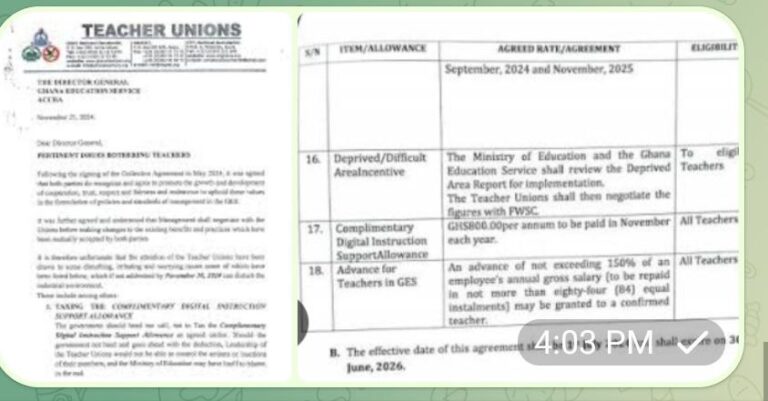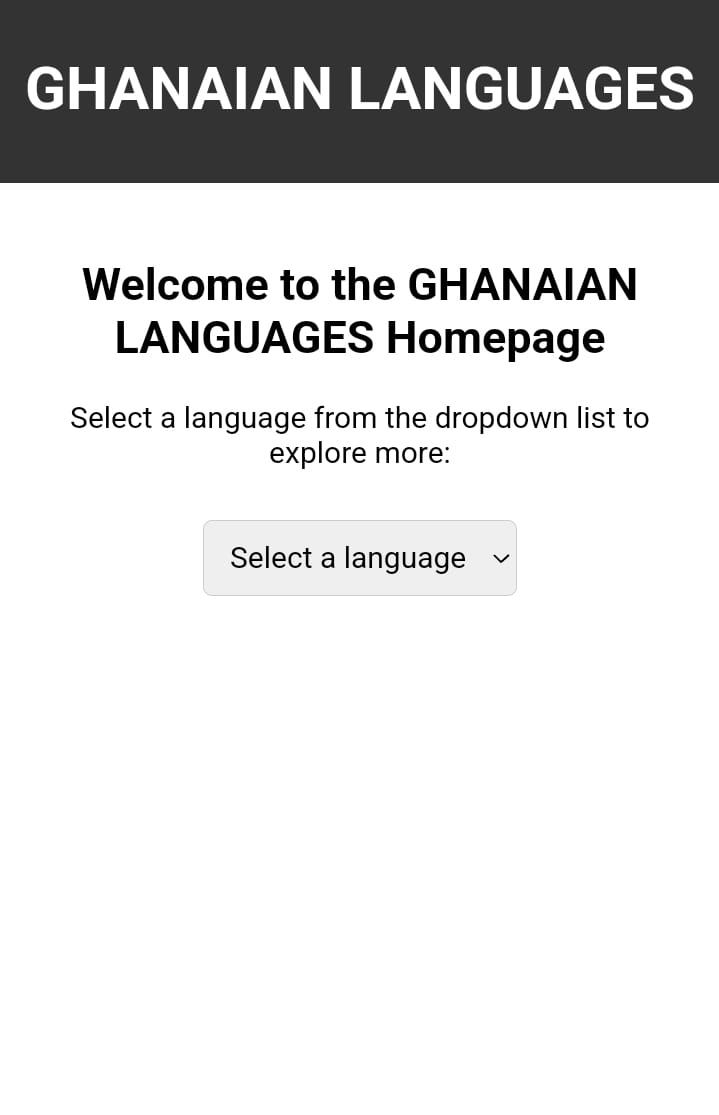
Comprehensive Guide to Ghanaian Languages Curriculum
Table of Contents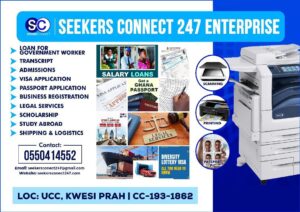
Introduction to Ghanaian Language Studies <a id=”introduction”></a>
This curriculum preserves and promotes Ghana’s linguistic heritage through systematic study of language structures, oral literature, and cultural systems. It aligns with the National Teaching Council’s standards for language education.
Core Content Areas
1. Language Structure & Writing <a id=”language-structure”></a>
Key Components:
| Area | Focus | Example |
|---|---|---|
| Phonetics | Speech sound production | Vowel charts for Akan languages |
| Morphology | Word formation | Prefixes/suffixes in Ewe |
| Syntax | Sentence structure | Noun-class systems in Ga-Dangme |
Writing Standards:
-
Proper use of diacritics (e.g., ɛ, ɔ)
-
Sentence punctuation in Dagbani
-
Orthographic rules for Fante
2. Oral Traditions <a id=”oral-traditions”></a>
Cultural Treasures:
-
Proverbs: “Se wo were fi na wosankofa a yenkyi” (Akan)
-
Folktales: Ananse stories
-
Riddles: “M’ani mmienu nanso matumi nhu” (I have two eyes but can’t see – a coconut)
Pedagogical Value:
-
Develops critical thinking
-
Preserves historical knowledge
-
Enhances language fluency
3. Cultural Systems <a id=”cultural-systems”></a>
In-Depth Study Areas:
Traditional Governance
-
Chieftaincy hierarchies
-
Clan systems (e.g., Akan abusua)
-
Selection/destoolment processes
Rites of Passage
-
Naming ceremonies
-
Puberty rites (Dipo/Krobo)
-
Marriage customs across ethnic groups
4. Literary Studies <a id=”literary-studies”></a>
Genre Analysis:
| Genre | Characteristics | Example Texts |
|---|---|---|
| Prose | Novels, short stories | “Mbofra Kyere” by C.E. Donkor |
| Drama | Traditional & contemporary plays | “Edufa” by Efua Sutherland |
| Poetry | Oral & written forms | “Mekatinkpe” (Ewe dirge) |
Literary Devices:
-
Metaphors in Dagaare poetry
-
Symbolism in Ga folktales
Assessment Framework <a id=”assessment”></a>
Cognitive Levels Weighting:
| Content Area | Recall (15%) | Skills (25%) | Analysis (30%) | Evaluation (30%) | Total |
|---|---|---|---|---|---|
| Oral Literature | 2 | 4 | 4 | 3 | 13% |
| Traditional Governance | 2 | 3 | 5 | 3 | 13% |
| Total | 15% | 25% | 30% | 30% | 100% |
Oral traditions and governance systems carry the highest weightings
Teaching Methodologies <a id=”teaching-methods”></a>
Effective Strategies:
-
Interactive Storytelling: Student reenactments of folktales
-
Language Labs: Phonetic pronunciation drills
-
Cultural Immersion: Field trips to the chief palaces
-
Digital Documentation: Recording elder narrations
Resource Tip:
Use the Ghanaian Languages Toolkit from NaCCA
Key Takeaways <a id=”key-takeaways”></a>
-
Curriculum Focus:
-
60% assessment on higher-order thinking (analysis/evaluation)
-
Balanced coverage of linguistic and cultural components
-
-
Cultural Preservation:
-
Documents endangered oral traditions
-
Standardizes orthographies for local languages
-
-
Professional Development:
-
Annual teachers’ workshops on new methodologies
-
Collaboration with traditional knowledge bearers
-
Instructional Resources:
-
Akan Kasa Mmara (Grammar Reference Book)
Classroom Enhancements:
-
Audio archive of elder narrations
-
Interactive language games
-
Cultural festival participation
Need curriculum adaptations? Let’s collaborate! 📚✨
For the past question, click here: https://ntc.gov.gh/practice_test/ghanaian_languages/
Follow us on WhatsApp for more updates: https://whatsapp.com/channel/0029VaCyYGIFHWpx22L38a2K
Seekers Consult
Contact Us for Your Study Abroad Journey
We search for schools and check available scholarships for you
Contact: 0550414552 / 0362297079
Loan for government workers
Transcript Application
English Proficiency
Recommendation letter
Project work/thesis for undergraduate, master’s, and PhD students.


